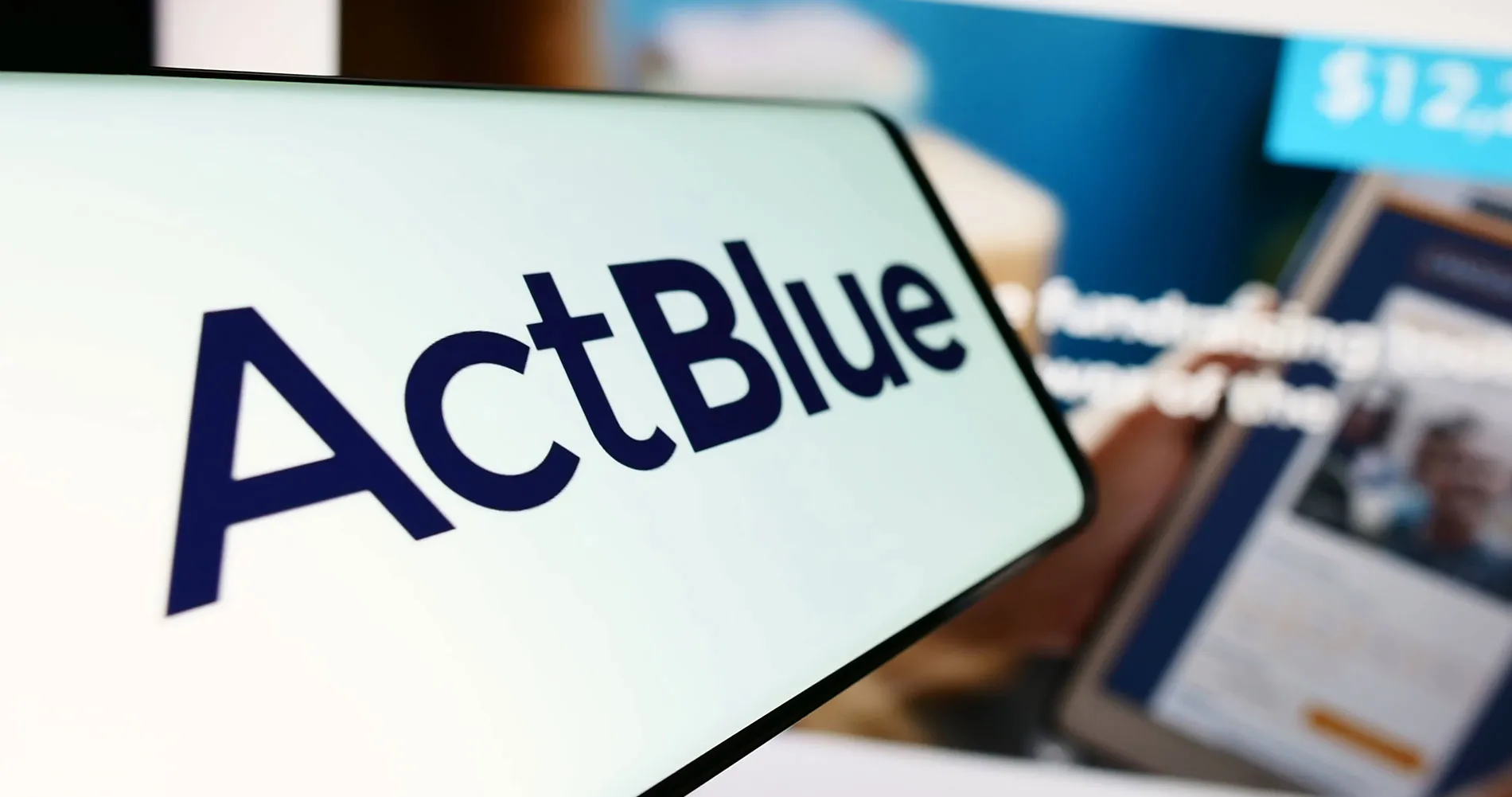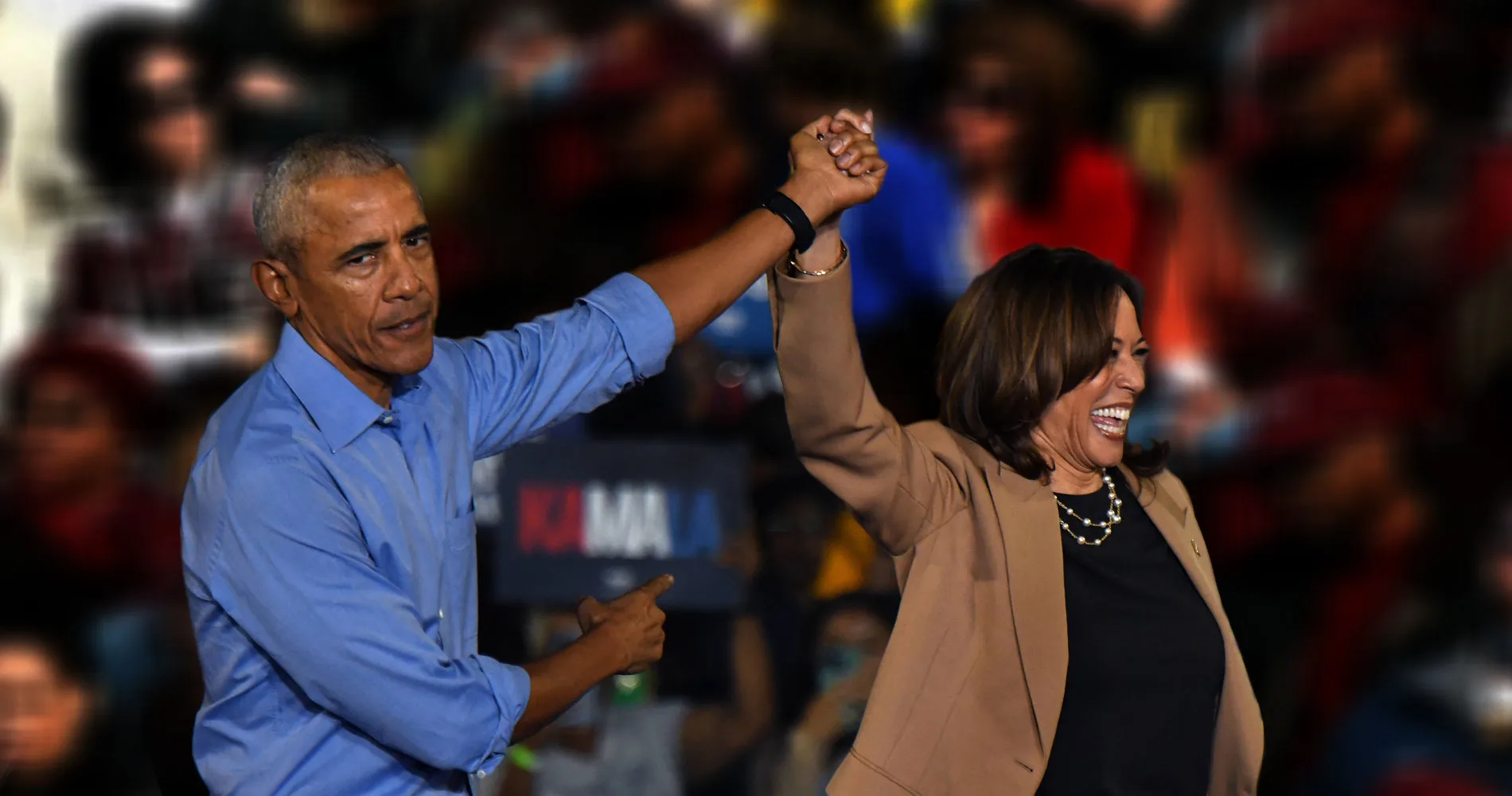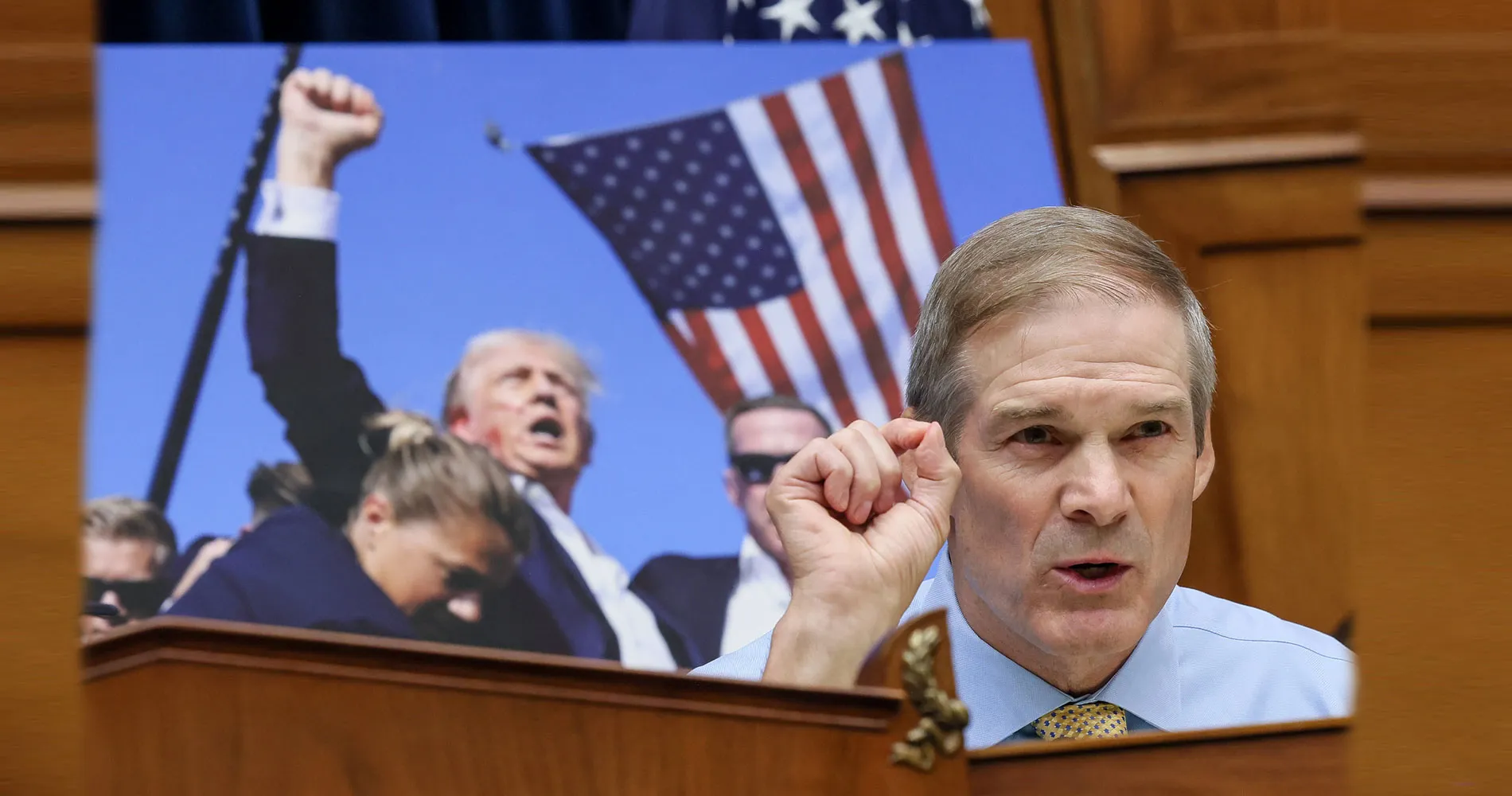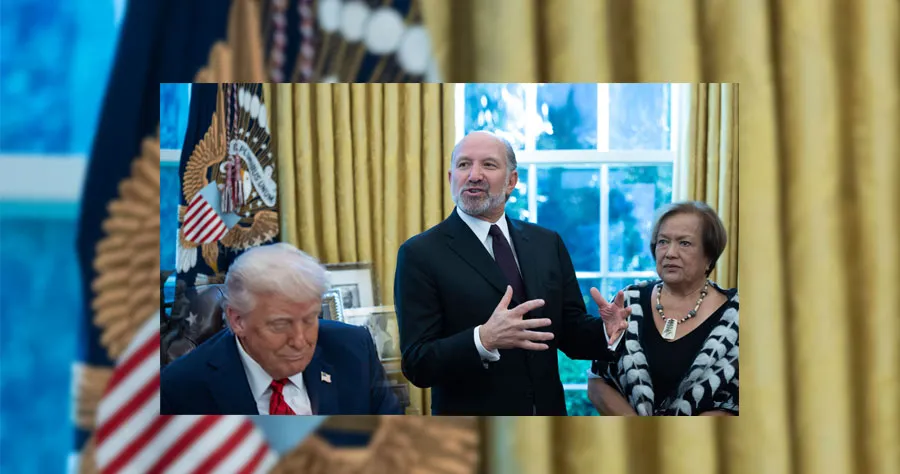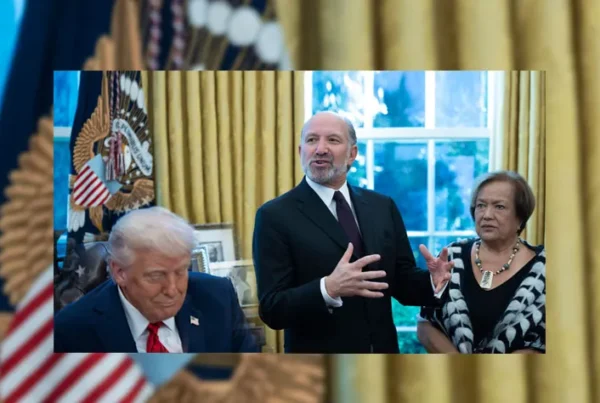ActBlue, the dominant digital fundraising platform for Democrat campaigns, is now under intense scrutiny as allegations of fraud, unauthorized recurring donations, and potential links to illicit financial networks come to light. Once praised for empowering grassroots political movements, the ActBlue platform is now facing federal investigations and congressional oversight. Reports suggest possible lapses in donor verification and transaction monitoring, raising concerns that could have serious implications for national security and the future of online political fundraising.
Silvia Caschera
18 June 2025
In the era of digital democracy, the intersection of technology and political finance has become both a transformative force and a source of growing concern. At the center of this debate is ActBlue, a powerful nonprofit fundraising platform that has revolutionized how Democrat candidates and progressive causes receive financial support. By making micro-donations easy and accessible, ActBlue has empowered millions of Americans to participate in the political process. Yet, in 2025, that very success has become a point of contention, as the platform faces an expanding congressional investigation, whistleblower allegations, and even scrutiny from national security officials.
The investigation, spearheaded primarily by Republican members of Congress, raises fundamental questions about donor transparency, financial oversight, and the influence of digital infrastructure on American democracy.
Founded in 2004, ActBlue operates as a non-connected political action committee (PAC) registered with the Federal Election Commission (FEC). Its primary function is to serve as a financial intermediary, processing contributions between individual donors and a range of Democrat campaigns, committees, and advocacy groups. In return, the platform retains a small processing fee, currently 3.95%, to support its operations.
ActBlue’s innovation lies in its facilitation of millions of micro-donations, often under $50, allowing even grassroots candidates with little name recognition to raise substantial funds. This model has become a cornerstone of Democrat fundraising strategy and has been credited with helping level the playing field against campaigns backed by major corporate or billionaire donors. It is worth noting that Kamala Harris outraised President Trump five to one, with a good amount of money coming from big donors.
Despite, or perhaps because of, its fundraising prowess, ActBlue has come under increasing scrutiny in recent months. In April 2025, the House Oversight Committee released a detailed report outlining concerns about potential illegal activity and systemic vulnerabilities in ActBlue’s donation infrastructure.
One of the primary concerns raised by lawmakers centers on donor identity verification. Critics argue that ActBlue’s existing safeguards may not be robust enough to ensure that contributors are who they claim to be. Allegations have surfaced suggesting that foreign nationals or unauthorized third parties may be using fabricated identities to funnel money through the platform, an act strictly prohibited under US federal election law. Such lapses, if confirmed, could constitute serious violations of campaign finance regulations designed to prevent foreign influence in US elections.
Another point of contention involves recurring donations allegedly made without clear donor consent. Some individuals, particularly elderly users, have reported being enrolled in automatic monthly contributions without fully understanding or authorizing the charges. While ActBlue maintains that its interface clearly discloses when a donation is set to recur, lawmakers have cited anecdotal complaints that donors were unaware they had signed up for repeat payments, raising questions about transparency and consumer protection.
The House Oversight Committee has also flagged suspicious transaction patterns. In numerous cases, small, repetitive donations were reported in the names of individuals who later claimed they had never contributed. These patterns could suggest either automated fraud or more sophisticated tactics to mask the true origin of funds, a practice known as “credit card laundering.” If substantiated, such activity could undermine the credibility of digital donation platforms and call into question the integrity of campaign finance data.
Perhaps the most serious allegations involve national security concerns. According to reporting by the New York Post and sources within the US Department of Justice, ActBlue may have unintentionally facilitated donations to organizations with suspected links to terrorist financing. While no definitive evidence has been made public, federal investigators are reportedly examining several transactions connected to shell nonprofits and individuals using aliases, raising the possibility of illicit networks exploiting gaps in the platform’s vetting processes.
Adding to the turbulence, a series of high-level resignations has shaken ActBlue’s leadership in recent months. The departures of CEO Regina Wallace-Jones and CFO Melinda Sparks, among others, were officially attributed to a leadership restructuring, but insiders have painted a more troubling picture. According to an exposé by the Times of India, internal whistleblowers claim that senior staff were aware of potential compliance issues but ignored warnings. One compliance officer reportedly described ActBlue’s financial monitoring system as “ripe for exploitation,” and said efforts to implement stricter controls were blocked by leadership more concerned with donation volume than oversight.
This wave of executive exits has intensified suspicions that ActBlue may have deeper institutional issues and has prompted calls from lawmakers for a full forensic audit of the platform’s records. ActBlue has denied any wrongdoing, insisting that its platform is set up to detect suspicious transactions and that the ongoing investigation is politically motivated. In a recent statement, representatives for the platform accuse its critics of attempting to “suppress grassroots participation in politics.”
President Donald Trump has seized on the controversy, calling ActBlue a “Democrat money-laundering machine” and claiming that fraud on the platform amounts to a form of election interference. In an April 2025 memo Trump accused the media of downplaying the scandal and called for federal authorities to intervene aggressively. While some of Trump’s claims remain unsubstantiated, his rhetoric has amplified public and political pressure on investigators, further entrenching the issue along partisan lines.
This investigation comes amid a wider national debate over campaign finance reform. The Republican counterpart to ActBlue, WinRed, is facing its own FEC review over similar concerns regarding transparency and recurring donations.
The result of both inquiries could reshape campaign financing in the US. Potential reforms include stricter identity verification for donors, enhanced transparency for recurring donations, and new consumer protections to guard against fraud and deception.
As the inquiry unfolds, both supporters and critics of ActBlue are being forced to confront the broader challenge of how to balance innovation in political technology with the ongoing need to uphold public trust and ensure electoral integrity. The coming months will reveal whether ActBlue is discharged or restructured, and whether new rules will reshape the digital backbone of American political fundraising for years to come.


